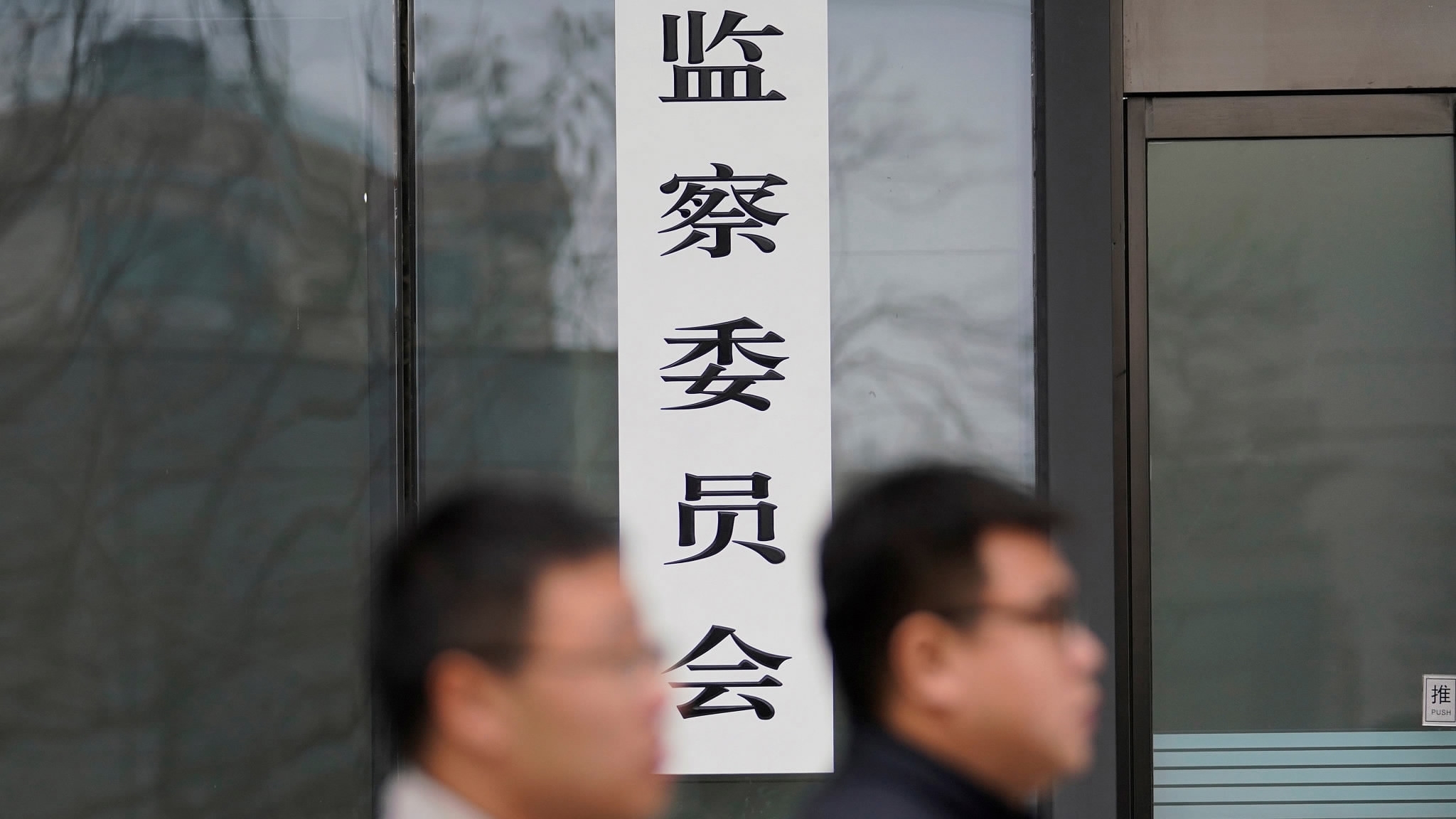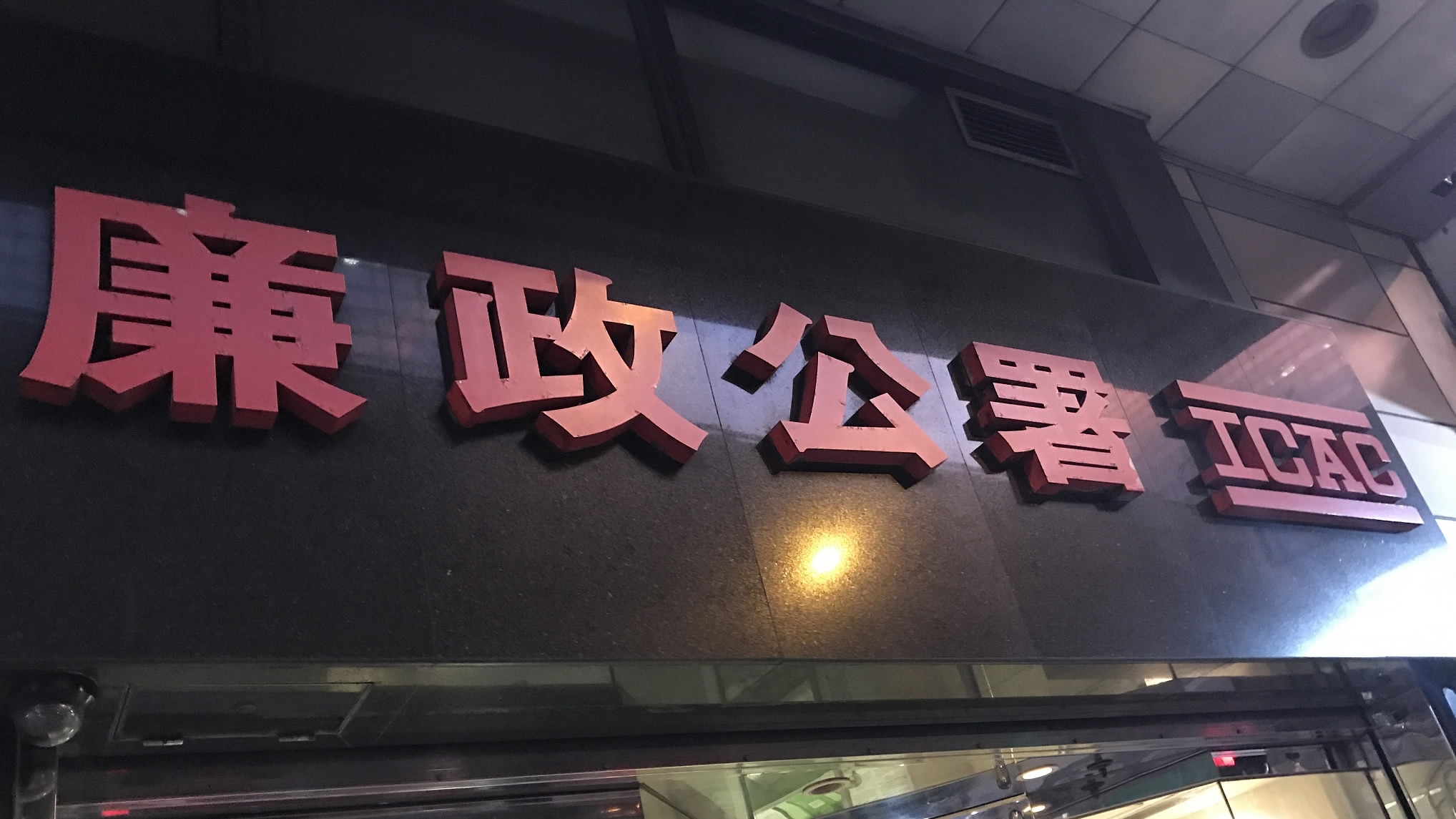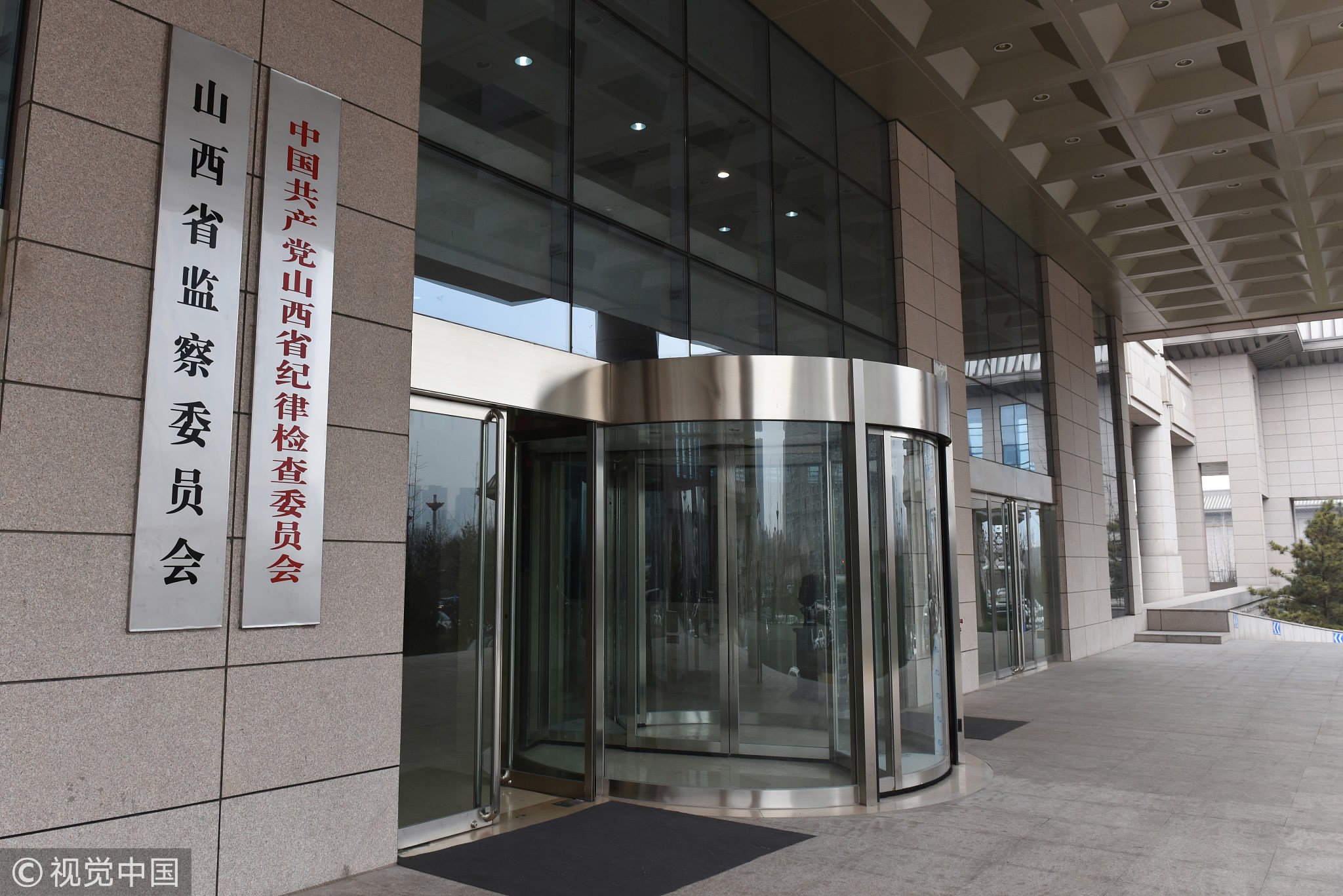
Politics
18:38, 18-Mar-2018
How the National Supervisory Commission can make a difference
By Han Peng

When Yang Xiaodu became National Supervisory Commission director Sunday, he took an oath to the Chinese Constitution.
The newly established commission was born from the newly amended Constitution approved last week.
Among the 21 amendments, 11 are focused on one issue: building a supervisory body to scrutinize the officials' use of power.
"Today, one issue that the Chinese people care most about is corruption. The constitutional amendment has responded to their concerns. And most importantly, we must fight corruption under the rule of law and the Constitution," Chi-Wai Sio, an NPC deputy from Macao, told CGTN.
Director Yang used to serve as Minister of Supervision, reporting to the State Council.
The National Supervisory Commission runs independently from the State Council – a system that Hong Kong deputies find familiar.
The city's Independent Commission Against Corruption (ICAC), established in 1974, turned the Hong Kong government into one of the least corrupt in the world.

The Independent Commission Against Corruption (ICAC) in Hong Kong, China, February 3, 2017. /VCG Photo
The Independent Commission Against Corruption (ICAC) in Hong Kong, China, February 3, 2017. /VCG Photo
"It's a bit similar to the ICAC because it's independent. This supervisory commission will not be intervened by any administrative governments. It directly reports to the NPC Standing Committee. Hong Kong's ICAC does not report to any government department, but only to one person, the chief executive. I think this is a very good idea," NPC deputy Yu-Shan Wong, president of Hong Kong's Open University, told CGTN.
The new National Supervisory Commission also aims to raise efficiency by streamlining the process of handling cases. The country has run pilot programs in several provinces.
In January 2017, Shanxi set up the first provincial supervision commission in China.
In July, Guo Hai, former party secretary of a local state-owned coal firm, was sentenced to 13 years in prison for bribery of 16 million yuan and misconduct.
The case was under investigation for three years before it was taken on and wrapped up by the commission in just four months.
"Guo Hai violated both Party discipline and the law. So his case had to be handled by different offices, which led to inefficiency and made it last for years," Zhou Yuewu, director of the Second Investigation Office of Shanxi Provincial Supervision Commission, told CGTN.

Shanxi Provincial Supervision Commission in Taiyuan, Shanxi, China, March 20, 2017. /VCG Photo
Shanxi Provincial Supervision Commission in Taiyuan, Shanxi, China, March 20, 2017. /VCG Photo
Since President Xi Jinping took office in 2013, his sweeping anti-corruption campaign has punished over a million officials. Over 150 were on or above ministerial and provincial levels.
"No matter the figures, the campaign has dealt with individual cases, until now. The establishment of the new commission will make the anti-graft fight a routine part of the government's work," NPC deputy Liu Shoumin, also a lawyer, told CGTN.
Now all eyes are on the commission in the hopes for an institutionalized fight against corruption, with independence, efficiency and determination.
(Cover photo is file photo of a sign of Beijing Municipal Supervision Commission in Beijing, China, February 27, 2018.)

SITEMAP
Copyright © 2018 CGTN. Beijing ICP prepared NO.16065310-3
Copyright © 2018 CGTN. Beijing ICP prepared NO.16065310-3